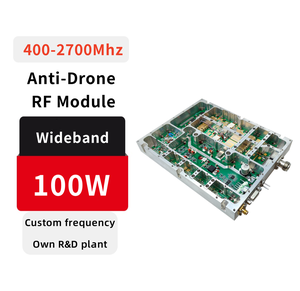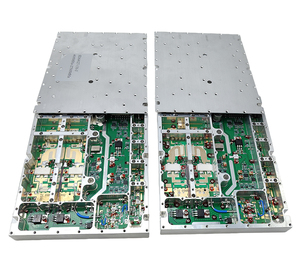Understanding R Radio Communication
R Radio Communication plays a paramount role in modern communication systems, facilitating seamless interactions across various industries. This technology allows users to transmit and receive information over radio waves, ensuring efficient and reliable communication in diverse environments. As a crucial asset for businesses, R Radio Communication enhances connectivity and operational efficacy, making it essential for field operations, emergency services, military applications, and more.
Types of R Radio Communication Systems
- Analog Radio Systems: These traditional systems transmit audio signals through modulated radio waves. They are reliable and often used in simple communication setups.
- Digital Radio Systems: Utilizing advanced encoding techniques, digital radio provides enhanced sound quality and better noise resistance, making it suitable for complex communication needs.
- Two-way Radio: Designed for bidirectional communication, two-way radios are widely used in industries such as security, logistics, and entertainment, allowing instant communication between users.
- Satellite Radio Communication: Ideal for long-distance communication, satellite systems ensure coverage even in remote areas, making them perfect for maritime, aviation, and military operations.
Function and Feature of R Radio Communication
- Real-Time Communication: R Radio Communication provides instantaneous voice transmission, enabling quick decision-making and seamless coordination among team members.
- Wide Coverage Area: With the capability to communicate over extensive distances, R Radio systems are ideal for large-scale operations, outdoor events, and rural environments.
- Durability: Many R Radio devices are designed to withstand harsh conditions, featuring rugged housings and weather-resistant capabilities, suitable for industrial and outdoor use.
- Multiple Channels: Modern systems allow users to access several channels, facilitating communication among different teams without interference.
Scenarios for Utilizing R Radio Communication
- Emergency Services: R Radio Communication is vital for police, fire, and medical teams, ensuring they can relay information swiftly during critical situations.
- Construction Sites: In bustling construction environments, two-way radios enhance coordination between workers, supervisors, and subcontractors, improving workflow and safety.
- Event Management: Coordinating large events requires constant communication; R Radio systems allow event staff to manage logistics and respond quickly to challenges.
- Military Operations: R Radio Communication is indispensable in military settings, providing secure and reliable communications even in challenging terrains, ensuring mission success.
How to Choose the Right R Radio Communication System
- Determine Your Needs: Assess your specific communication requirements, including range, durability, and frequency usage, to select the most suitable radio system.
- Consider Licensing Requirements: Some radio systems may require licensing to operate within certain frequency bands; make sure to comply with local regulations.
- Evaluate Battery Life: Choose devices with adequate battery life for your operations, especially in scenarios where frequent charging may not be feasible.
- Check for Additional Features: Look for systems that come with features such as GPS capabilities, noise-canceling technology, or emergency alerts for enhanced functionality.

















































